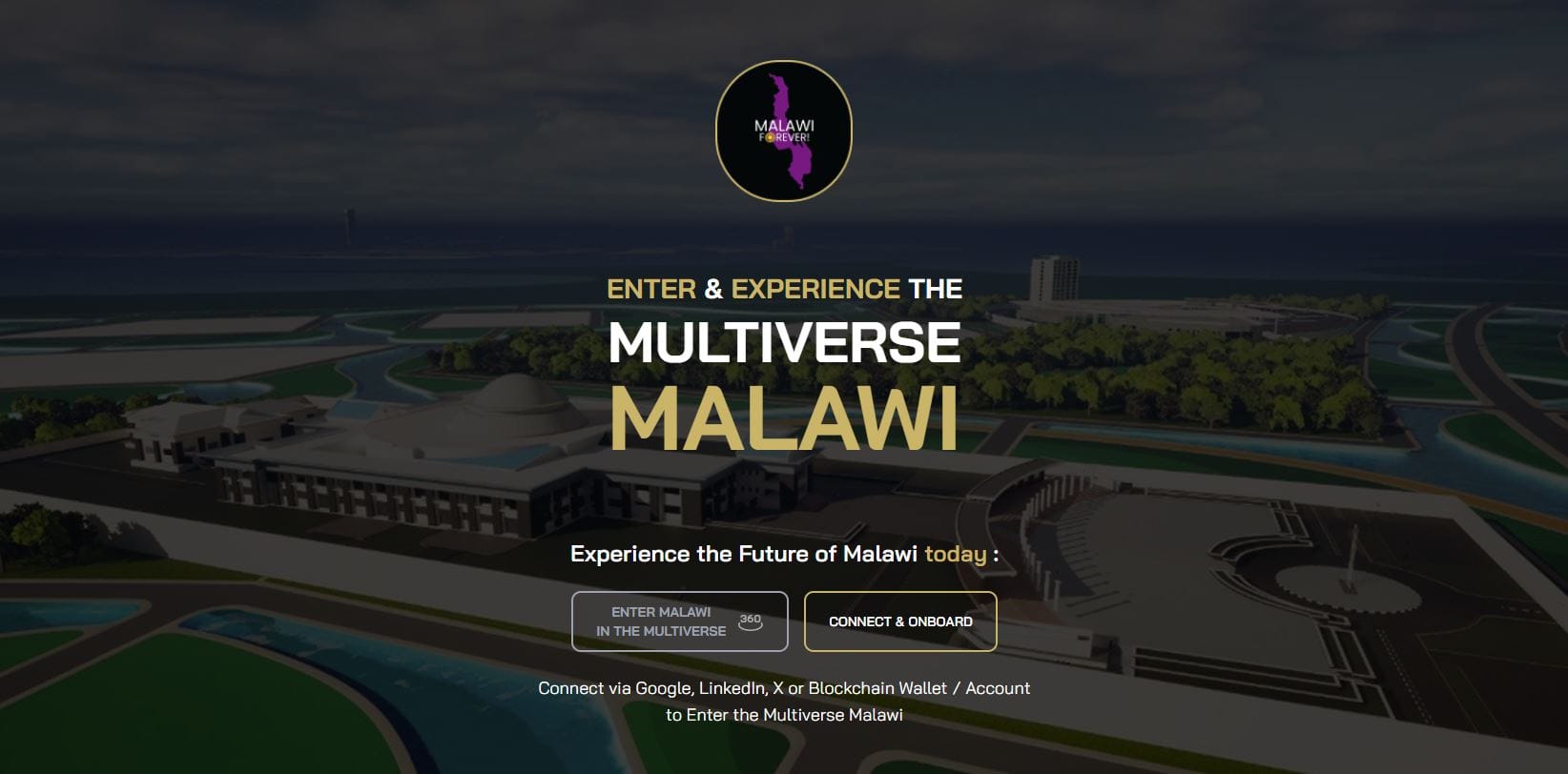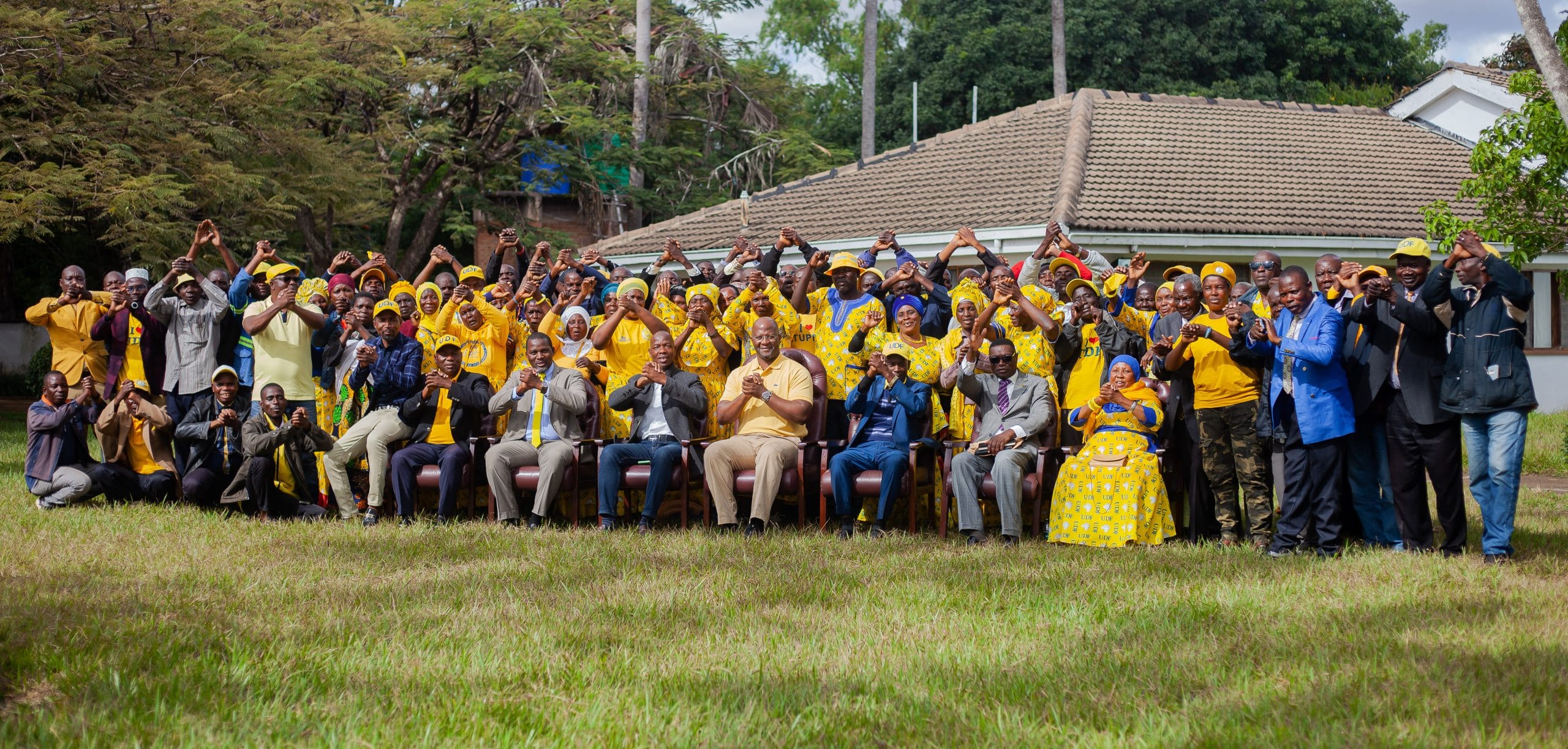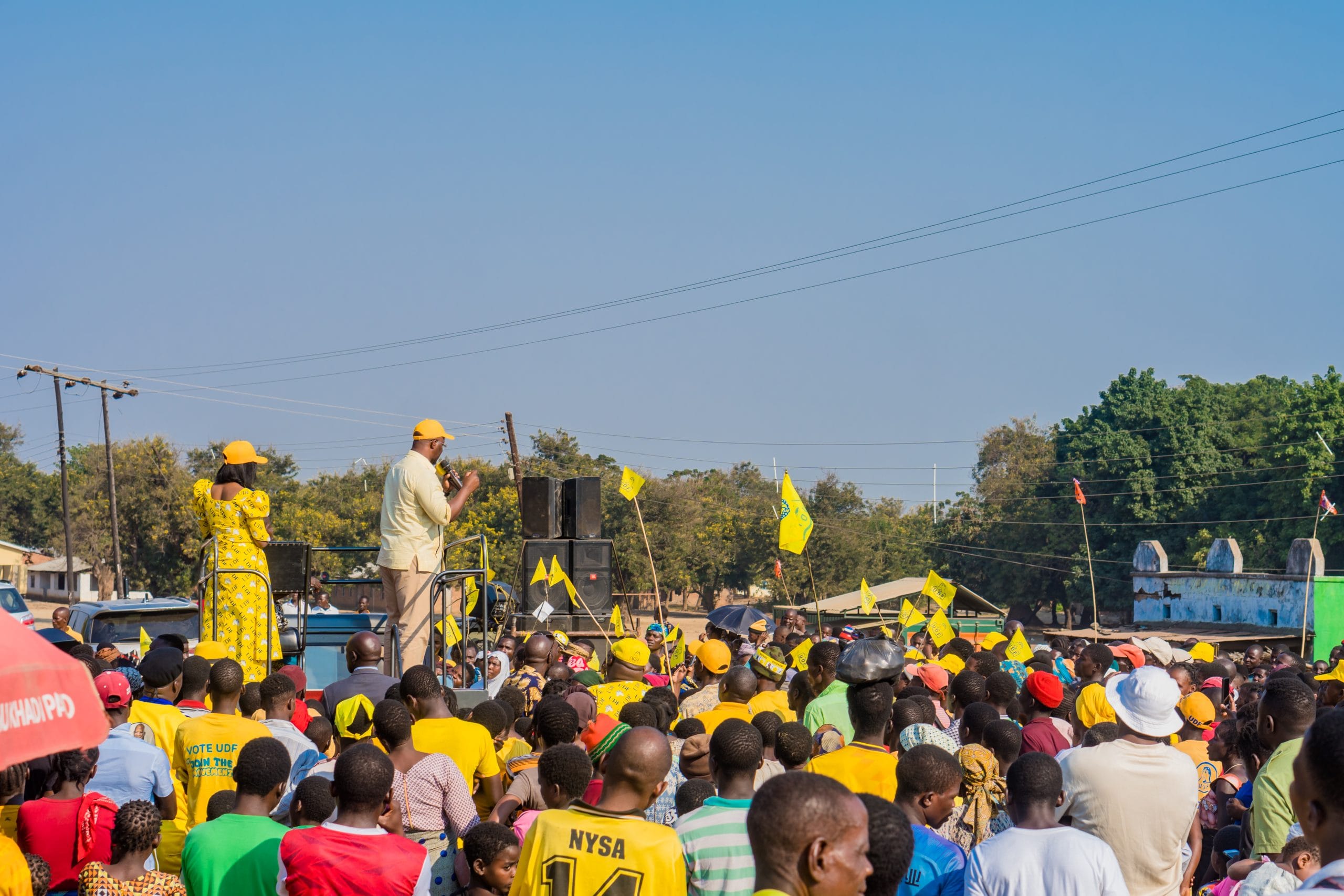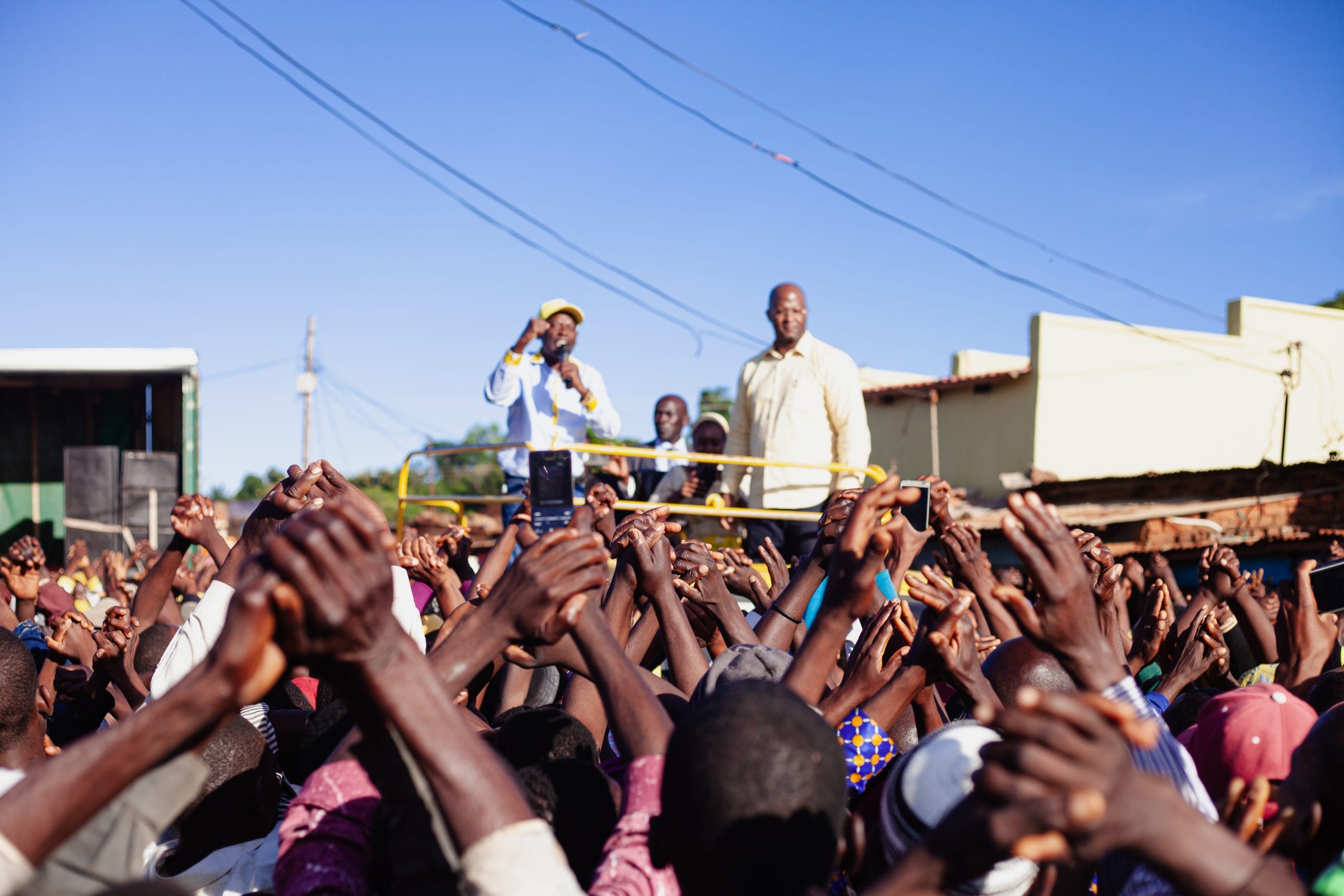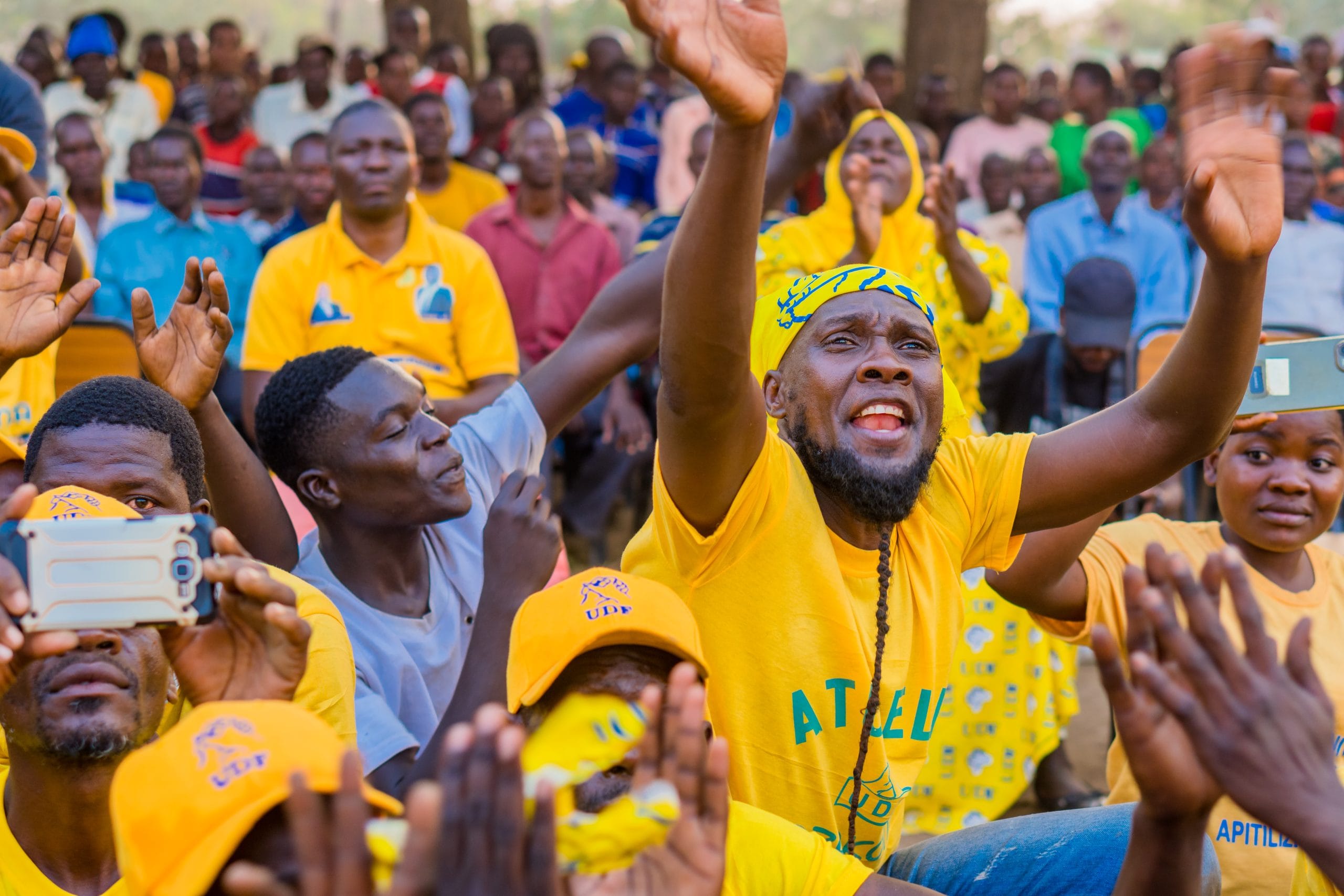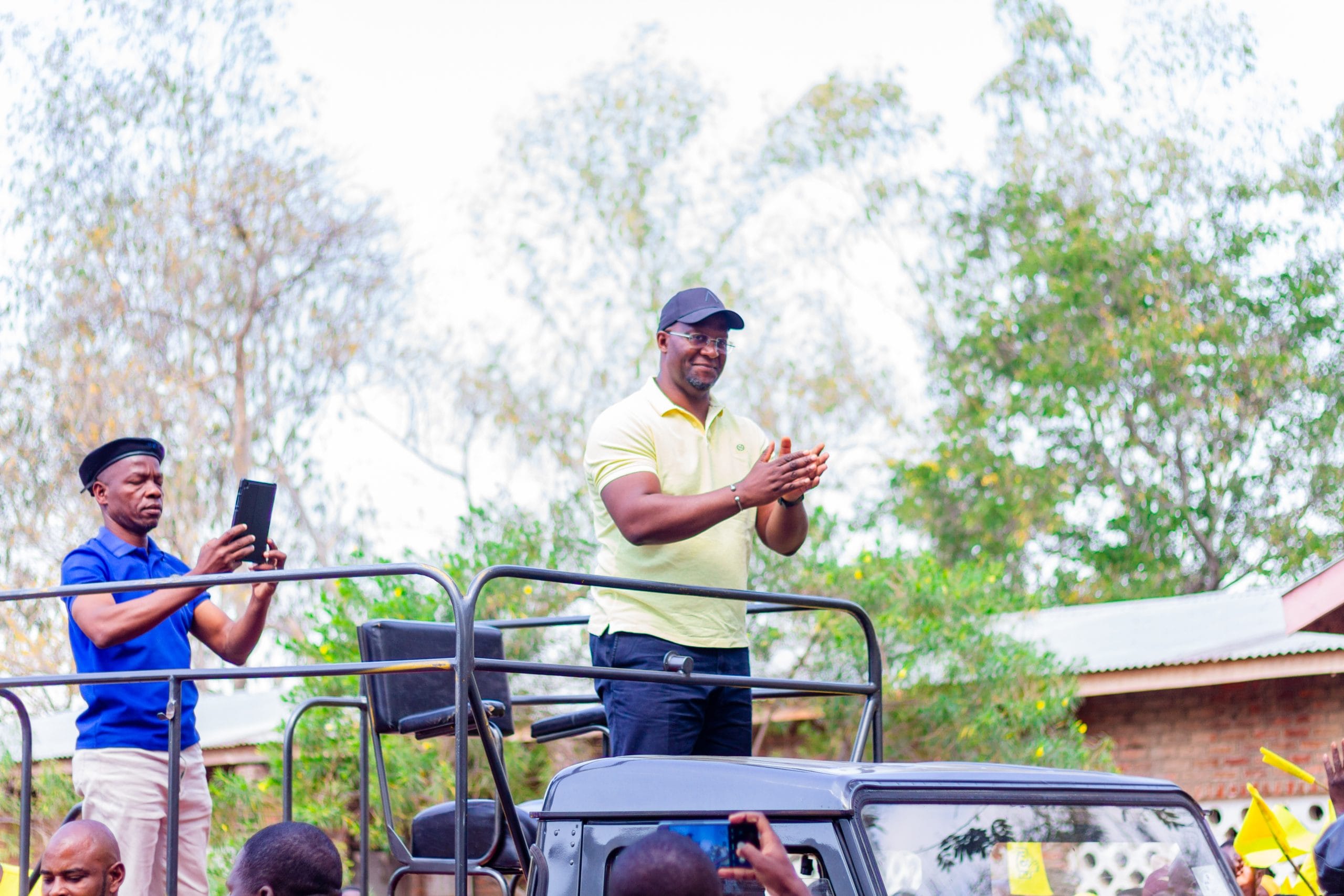"The house is burning. And now is not the time to debate the color of the bricks — it’s time to rebuild."
- Jeffrey Smith
- August 20, 2025
Malawi at a Breaking Point
According to the Malawi Voter Opinion Survey 2025, an overwhelming 89% of Malawians believe the country is heading in the wrong direction. And the data backs this up — Malawi is not merely stagnant; it is in free fall:
- 71% say their lives have worsened in the past 5 years
- 80% experienced hunger in the past year
- 60% went without essential medical care
- 40% witnessed government corruption
- 1.8% GDP growth in 2024 vs. 2.6% population growth = shrinking real income
- A $2 billion foreign exchange gap and a currency crisis choking commerce
- A current account deficit of 18.7%, ranking among the worst globally
These numbers are not just statistics — they represent real lives in crisis.
What If There Was a Different Path?
What if, instead of relying on diminishing foreign aid and outdated agricultural dependency, Malawi turned outward — and forward — to attract foreign direct investment (FDI) in three high-potential industries?
- Rare Earth Minerals
- Renewable Energy
- Blockchain & Digital Infrastructure
These are not futuristic dreams. They are immediate opportunities sitting untapped beneath Malawi’s soil, skies, and screens.
Sector 1: Rare Earth Minerals – Malawi’s Hidden Wealth
Malawi sits on one of Africa’s most strategically significant deposits of rare earth elements — the building blocks for electric vehicles, solar panels, smartphones, and military tech.
- Global demand for rare earths is projected to increase 6x by 2040 (IEA)
- Malawi’s deposits in areas like Songwe Hill remain mostly undeveloped
- With proper investment, export revenues could exceed $1 billion/year
- This would triple Malawi’s current foreign exchange inflow, closing the $2B forex gap
- The mining sector could generate 50,000+ direct jobs and countless more in value chains
Beyond revenue, modern mining done right (environmentally and socially) could fund roads, clinics, and clean water systems in rural regions.
Sector 2: Renewable Energy – Powering the People
Only 11% of Malawians have access to electricity, most of which is unreliable. Yet Malawi has abundant untapped solar, wind, and hydro potential.
- Off-grid solar solutions could electrify rural homes and schools for under $500/unit
- Mini-grid projects powered by private-public partnerships can reduce national load shedding
- Renewable expansion could create 30,000+ green jobs, especially for youth
- Electrification opens the door to digital learning, cold storage, remote work, and female empowerment
In 10 years, Rwanda grew its energy access rate from 6% to 40% by embracing smart private investment and innovative regulatory reform. Malawi can follow suit — and leapfrog.
Sector 3: Blockchain & Digital Transformation – The Trust Tech Revolution
Malawi is young. Over 50% of its population is under 20, with 4 million youth eligible to vote in 2025. What they lack in opportunity, they make up for in ambition and digital fluency.
Blockchain technology offers:
- Financial inclusion via mobile wallets and crypto tools
- Transparency in government services to fight corruption
- New startup ecosystems powered by tokenization, NFTs, DAOs, and smart contracts
- Opportunities for youth to build global businesses from local villages
Nigeria, Kenya, and South Africa are leading Africa’s crypto adoption boom. Malawi could become the region’s trust-tech haven, driving economic participation from the grassroots up.
The Combined Socio-Economic Impact (Within 5–10 Years)
Indicator | Current | With Reform & Investment |
GDP Growth | 1.0% | 5–7% sustained growth |
Jobs Created | <10k/year | >100,000/year across sectors |
Energy Access | 11% | 60%+ with decentralized renewables |
Youth Employment | Crisis-level | Tech-driven job growth |
Foreign Exchange Deficit | $2B gap | Potential surplus from rare earth exports |
Trust in Institutions | Declining | Improved via transparency tech |
Direct & Indirect Impact
- Direct: Jobs, foreign currency inflows, tax revenue, service improvement
- Indirect:
- Reduced migration and brain drain
- Improved health through electrification and clean water
- Social stability via economic dignity
- Global perception shift: Malawi as opportunity, not crisis
The Message is Clear
Malawi cannot afford five more years of missed opportunities. But it also doesn’t need to wait for perfect conditions. What it needs is:
- Leadership with vision and integrity
- Strategic partnerships, not charity
- A mobilized youth ready to lead and learn
- Global allies willing to invest in impact over aid
This is what Movement for Change is about. It’s what Business First means. And it’s what Malawi’s 2025 Election could unlock — if the people choose the path of transformation.
To investors: Come see the Malawi you didn’t know existed.
To the diaspora: Use your voice. Share your network. Join the webinars.
To Malawians: The time for change is now. Your vote is your power.
“We can build an economy that feeds its people, powers its homes, and pays its way — if we do it together.”
— Jeffrey Smith, Founder, Movement for Change

